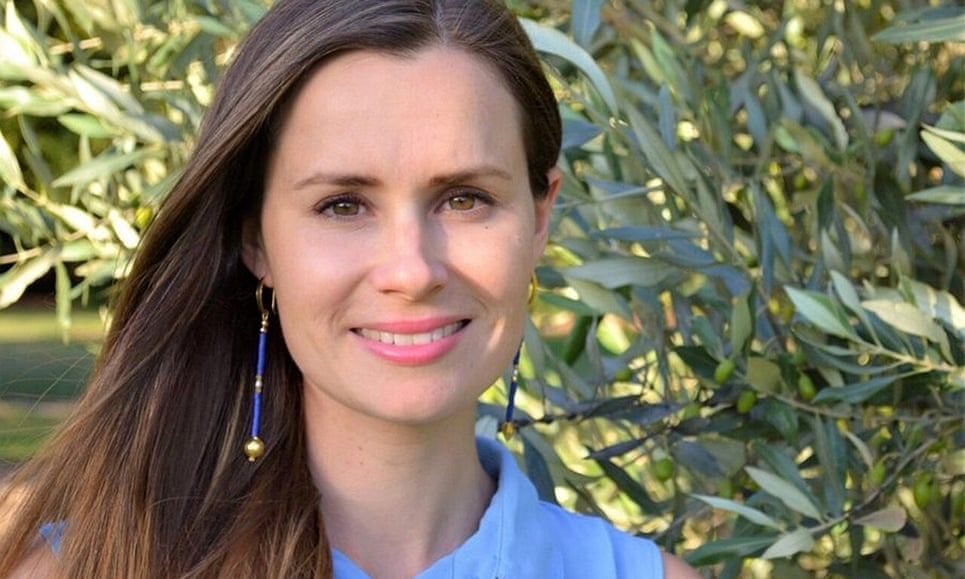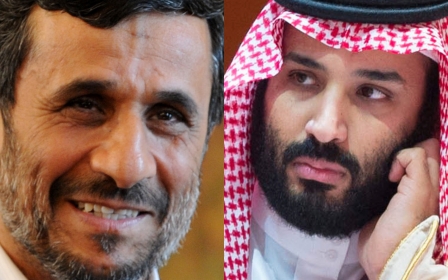Jailed British-Australian lecturer moved to 'remote desert prison' in Iran: Report

A British-Australian lecturer serving a ten-year jail sentence in Iran for espionage has been transferred to a remote desert prison, according to rights activists.
Kylie Moore-Gilbert, a lecturer at Melbourne University, was jailed in September 2018 where she has been imprisoned in the notorious Evin prison in Tehran.
Gilbert has now reportedly been moved to the Qarchak prison, a facility located in a desert east of Tehran and controlled by Iran's Revolutionary Guard Corps.
During a phone call with Reza Khandan, the husband of jailed lawyer Nasrin Sotoudeh, Gilbert said she felt "hopeless" and "depressed".
'I can’t eat anything. I feel so very hopeless. I am so depressed'
- Kylie Moore-Gilbert
“I can’t eat anything. I feel so very hopeless,” said Gilbert.
New MEE newsletter: Jerusalem Dispatch
Sign up to get the latest insights and analysis on Israel-Palestine, alongside Turkey Unpacked and other MEE newsletters
“I am so depressed. I don’t have any phone card to call. I’ve asked the prison officers but they didn’t give me a phone card. I [was last able to] call my parents about one month ago.”
Sources in Iran confirmed to the Guardian that Gilbert was moved to Qarchak where activists said the coronavirus has stricken the prison facility due to a lack of social distancing and limited soap supply.
The US State Department has labelled Qarchak one of the most hostile prisons in the country.
The lecturer, who specialises in Middle East politics, denies the charges against her and earlier this week told friends she had not spoken to her family in months.
During her incarceration, Gilbert said she had been beaten by prison guards after passing notes and writing them on prison walls.
In a letter smuggled out of Tehran's Evin prison, the lecturer said she feared for her mental health and claimed she had rejected an offer from Iran to become a spy.
"I think I am in the midst of a serious psychological problem," she wrote, worsened by "the ban on having any phone calls with my family".
Middle East Eye delivers independent and unrivalled coverage and analysis of the Middle East, North Africa and beyond. To learn more about republishing this content and the associated fees, please fill out this form. More about MEE can be found here.




